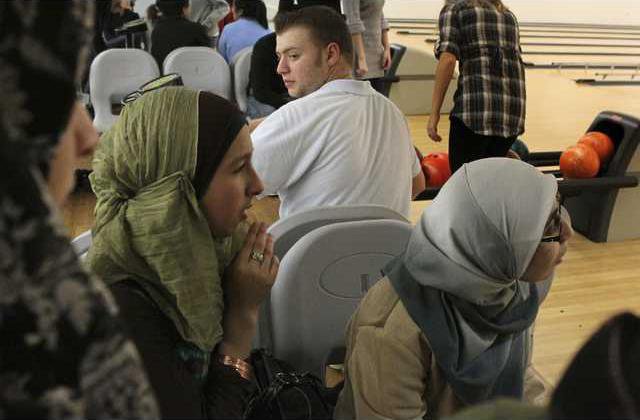![]() As Ramadan 2014 comes to an end, The Atlantic asked on the month-long holiday's last day, "Why are there so few Ramadan marketing campaigns?"
As Ramadan 2014 comes to an end, The Atlantic asked on the month-long holiday's last day, "Why are there so few Ramadan marketing campaigns?"
As reporter Tanya Basu states in her article, the Muslim population is growing in America. The Pew Research Center predicted in 2011 that the American Muslim population will rise from two million in 2010 to more than six million by 2030.
While Basu makes an excellent point, Ramadan was arguably more present than ever in American culture this year. Twitter adopted the long-used #Ramadan hashtag by making it official — even adding a crescent moon icon next to it whenever used.
As Kelsey Dallas reported in the Deseret News National Edition, design house DKNY introduced a Ramadan attire collection this year for women. Coca-Cola even got in on the holiday with an ad urging consumers to "Open up, it's Ramadan!"
But to Basu's point, one of the reasons retailers may hesitate to embrace Ramadan so completely is because such campaigns don't always work. In 2011, Whole Foods tried and failed to market Ramadan with a line of Middle Eastern food during the month. The campaign came to a halt amid outcry among conservative bloggers, as the Huffington Post reported at the time.
Coke, it should be noted, was also criticized in the blogosphere for its ads, with one blogger accusing Coke of being a "pimp" for Islam.
"We couldn’t find a similar Coca-Cola advertisement wishing Christians a Merry Christmas, only some Santa Claus videos stating the 'holidays' are coming," blogger Pat Dollard wrote.
But unlike the controversy that forced Whole Foods to cancel its campaign, Coke's website is firm in its resolve to celebrate Ramadan with its Muslim customers, possibly signalling a change for retailers in the future, as the Huffington Post argued.
"There's nothing in life quite like the feeling of being totally understood. Whether it's your academic interests, your career choices, the way you dress, or your romantic decisions, having your authentic self accepted and validated is a true blessing," reporter Yasmine Hafiz wrote. "Here's hoping for a wonderfully accepting Ramadan for all this year."
Email: chjohnson@deseretnews.com
Twitter: ChandraMJohnson








